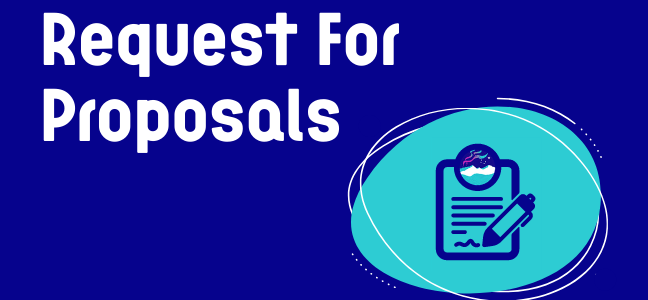
Request for Proposals: ‘Project Transform’ Grant Evaluator
Summary:
The Association of Alaska School Boards (AASB) is seeking an independent evaluator to assess the implementation and impact of Project Transform, an EIR early-phase grant focused on building trauma-engaged school environments.
Background:
AASB, working closely with partners at the Alaska Department of Education and Early Development (DEED), will begin implementation of Project Transform in January 2023. The project supports 5 rural school districts to implement and evaluate a multi-tiered systems of support (MTSS) trauma-engaged school model through comprehensive professional development, training, and technical assistance. Activities include school-level planning and coordination; comprehensive, coordinated, and collaborative professional learning and ongoing development for school staff; and an implementation evaluation and impact evaluation. Educators receive incentives to participate in collaborative learning, individual coaching, self-paced learning, team planning, and peer observation.
The project aims to
- build schools’ capacity to implement a trauma-engaged school (TES) approach;
- improve educators’ understanding of trauma and their role in supporting a TES;
- support educators to use trauma-engaged practices;
- improve and reduce disparities in student academic, behavioral, and social and emotional learning (SEL) outcomes; and
- refine, and evaluate the implementation and effectiveness of the Project Transform model.
Proposed implementation sites: Chatham School District, Copper River School District, Juneau School District, Ketchikan Gateway School District, and Lower Kuskokwim School District.
Key Questions to be Answered by the Evaluation:
- What is the impact of attending a Project Transform school on student achievement in math and reading for students in grades 3–9, compared to attending a non-Project Transform school?
- What is the impact of attending a Project Transform school on student engagement (attendance, truancy) for students in grades K–12, compared to attending a non-Project Transform school?
- What is the impact of attending a Project Transform school on school-level average social and emotional learning (SEL) competencies (self-management, emotional regulation, self-efficacy) for students in grades 3–12, compared to attending a non-Project Transform school?
- What is the impact of being a Project Transform school on school-wide measures of climate (safety, positive relationships [peer, adult], cultural responsiveness), compared to being a non-Project Transform school?
- How does the impact of attending a Project Transform school on student outcomes vary by student demographics (e.g., eligibility for free or reduced-price lunch, gender, grade, race)?
- What are the key components of the Project Transform program?
- What are the thresholds for low, adequate, and ideal fidelity of implementation for Project Transform?
- To what extent is Project Transform implemented with fidelity, and how does fidelity vary across schools? How does Project Transform build the capacity of schools to support students who have experienced trauma?
- To what extent are Project Transform activities associated with increasing teacher knowledge and confidence in trauma-engaged practices?
- What are the barriers and facilitators of Project Transform development and implementation? In what ways can the Project Transform program model be refined to support implementation?
Interested evaluators should submit a detailed proposal including evaluation design, budget, resumes of proposed project personnel, and a summary of experience. Contact Lauren Havens at lhavens@aasb.org for more information.
All proposals should be submitted no later than January 10, 2022, via the online submission form.
